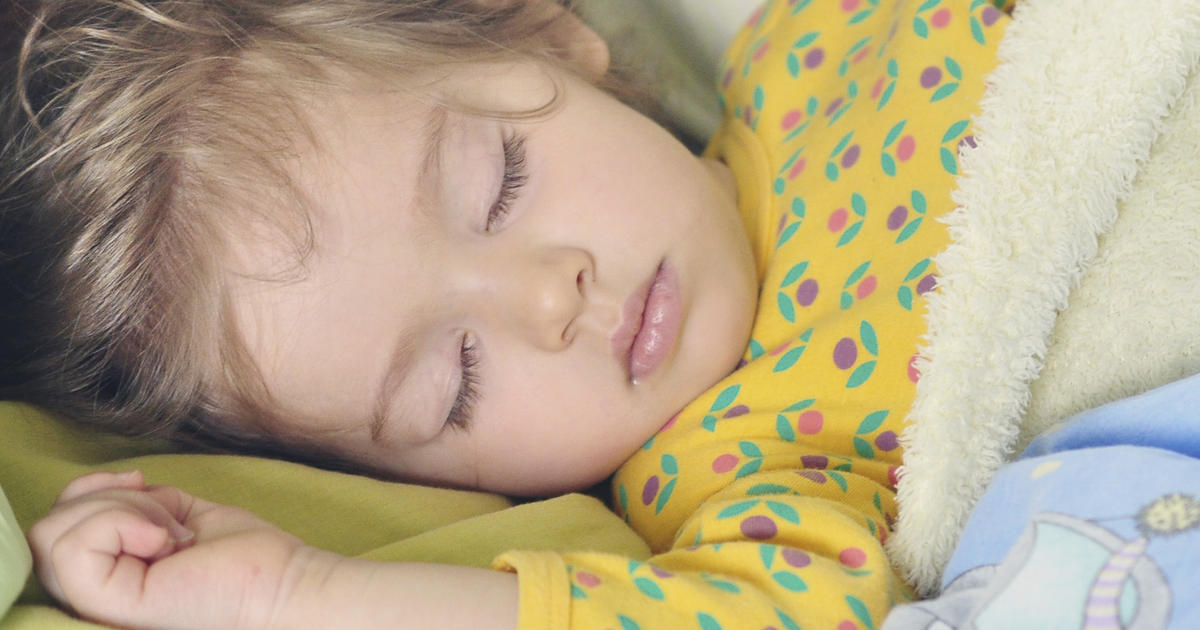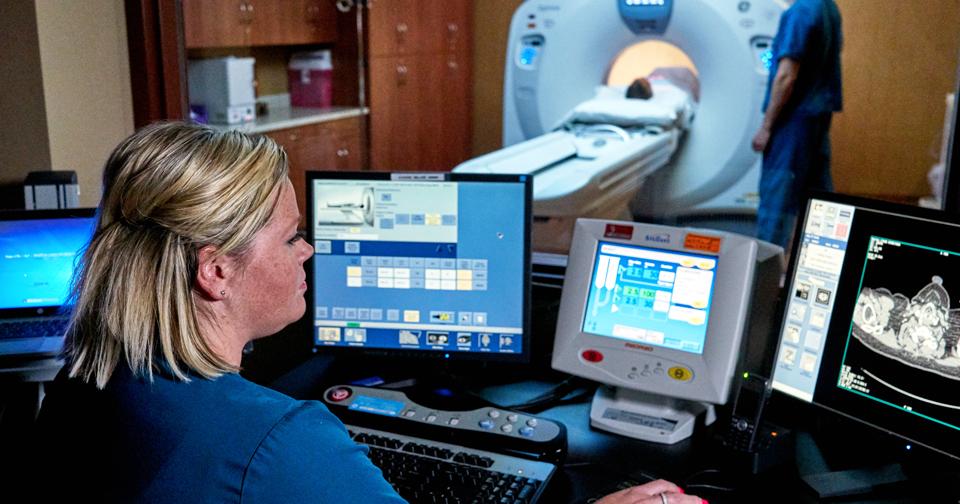Effective Options For Treating Wilms' Tumor
Radiotherapy
Radiotherapy is typically used for patients with stage three, four, or five of Wilms' tumor. It is often not necessary for earlier stages of the disease, and doctors only use it in those cases if it is determined an unfavorable histology is present. For Wilms' tumor, most patients receive external beam radiation therapy, where the patient lies on a table while a machine rotates around them to deliver radiation to specific areas. Radiation is most often done in cycles of five days per week for several weeks. Each daily session lasts about fifteen to thirty minutes, and the treatment is painless. Light sedation may be used to help younger patients remain still during the radiotherapy treatments. A plastic mold contoured to the child's body may be placed underneath the child as they lie on the treatment bed. This mold ensures the child is placed in the same position for each treatment, allowing radiologists to deliver the radiation with greater precision. Since young children are very sensitive to the effects of radiation, doctors try to use it for the shortest amount of time possible. Potential short-term side effects include fatigue, nausea, diarrhea, and sunburn or other reactions on the skin over the treated area. Long-term side effects include kidney damage, heart or lung problems, damage to the ovaries, abnormal menstrual cycles, and possible infertility.
Get to know more options for treating Wilms' tumor.
Make Time For Rest

Many of the treatments for Wilms tumor cause children to feel very fatigued. For this reason, it is important parents plan to make time for rest for their children. In particular, children are likely to feel tired after chemotherapy and radiation, and parents should encourage them to rest after these procedures. Sleep patterns and overall energy levels should be monitored on a daily basis at home, and parents should share any concerns or changes they notice with their child's medical team. If a child feels well, parents should encourage gentle activity and participation in normal activities as much as possible. Children should know they can stop to rest at any time if they feel tired. To help families cope with the disease, parents may wish to consider joining a support group for families of cancer patients. These groups can provide hope and practical advice for patients and caregivers. Children often need to take time away from school during their treatments, and parents should ask the child's school about home-bound schooling possibilities or ways to make up missed schoolwork.
Discover the next way to treat Wilms' tumor now.
